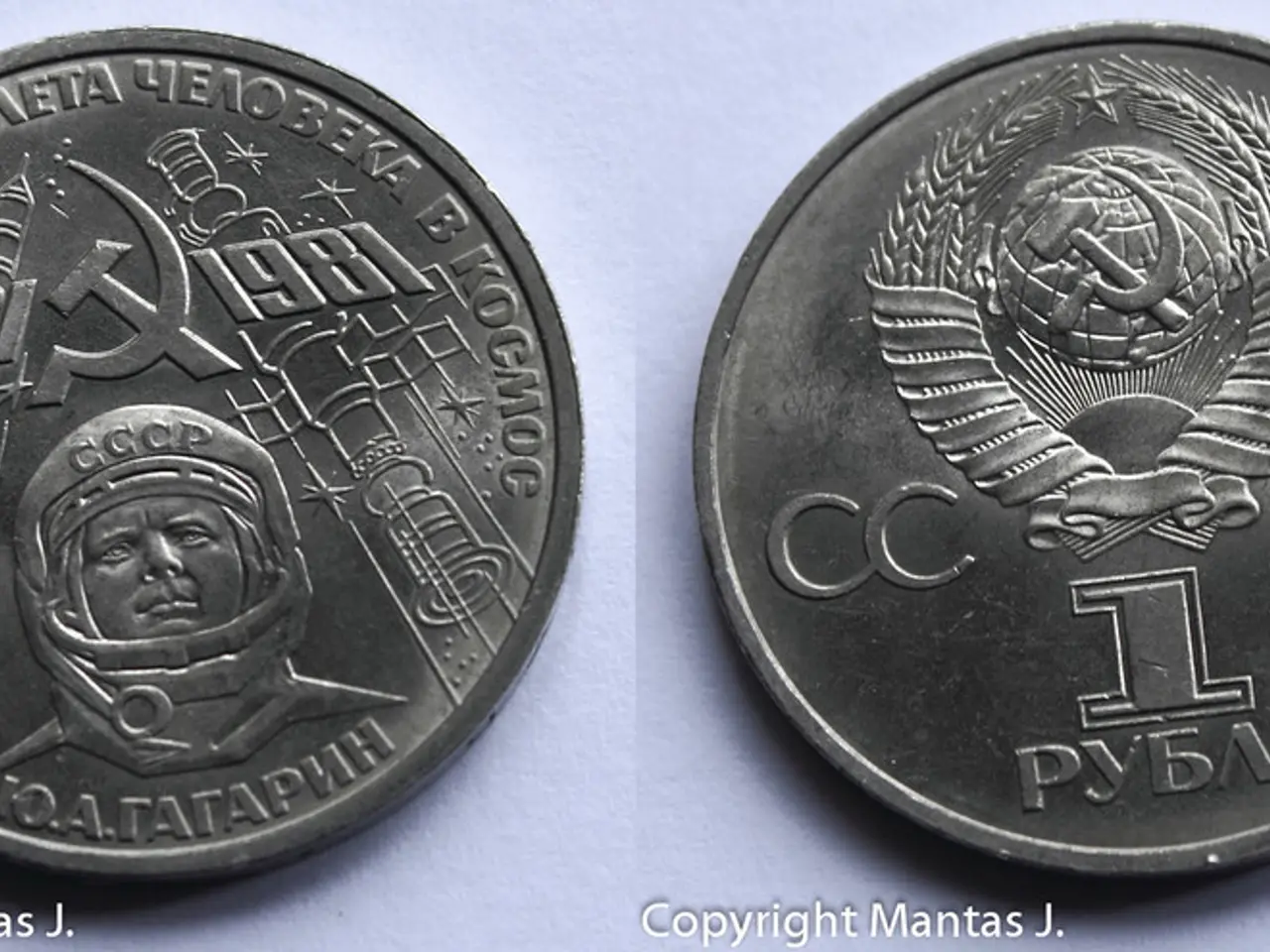Explanation of Cryptocurrencies: A Step-by-Step Breakdown
In the dynamic world of cryptocurrencies, secure storage is paramount. Two primary types of digital wallets are available for storing these digital assets: hot wallets and cold wallets.
Hot wallets, always connected to the internet, are convenient for frequent use and trading. They can be found as mobile apps, desktop software, or browser extensions, such as MetaMask, Trust Wallet, Coinbase Wallet, and Binance Wallet. These wallets store private keys encrypted within the app or website, allowing easy access across devices. However, their constant online presence makes them more vulnerable to hacking and malware attacks.
On the other hand, cold wallets offer strong protection from remote cyberattacks by storing private keys completely offline. These can be hardware devices like USB drives or physical media such as paper wallets with printed QR codes. Cold wallets provide enhanced security for long-term storage but are less convenient for regular transactions, requiring physical possession and careful backup. Losing the device or keys may result in permanent loss of access.
Some wallets operate using a hybrid model, offering both hot and cold storage options for greater flexibility and security. A notable innovation in hot wallets is the use of multi-party computation (MPC) technology, which protects assets without relying on traditional seed phrases or private keys. Zengo, for instance, is a hot wallet that employs MPC to enhance security and eliminate key management issues, although it does not support all cryptocurrencies.
As you navigate the world of cryptocurrencies, the choice between hot and cold wallets depends on your needs for convenience versus security. Below is a summary of the key differences:
| Wallet Type | Connection | Security | Convenience | Example Wallets | |---------------|--------------------|-------------------|-----------------------|---------------------------------| | Hot Wallet | Always online | More vulnerable | Easy access, frequent use | MetaMask, Trust Wallet, Coinbase Wallet, Zengo | | Cold Wallet | Offline (hardware or paper) | Highly secure | Less convenient, long-term storage | Ledger hardware wallet, paper wallets |
Cryptocurrencies are digital assets that use cryptographic coding to guarantee the ownership and integrity of transactions. Miners are rewarded with cryptocurrencies for successfully solving the mathematical puzzles that arise during mining. These assets are subject to a decentralized database, blockchain or shared accounting registry, which oversees transactions.
It is essential to note that cryptocurrencies are complex instruments that may not be suitable for those lacking the required knowledge. Before acquiring bitcoins or other cryptocurrencies, it is advisable to educate oneself about financial matters and understand the risks involved.
References: [1] Investopedia. (2021). Cryptocurrency Wallet. [online] Available at: https://www.investopedia.com/terms/c/cryptocurrency_wallet.asp [2] Coinbase. (2021). Coinbase Wallet. [online] Available at: https://wallet.coinbase.com/ [3] Zengo. (2021). Zengo. [online] Available at: https://zengo.io/ [4] CoinMarketCap. (2021). What is a Hot Wallet? [online] Available at: https://coinmarketcap.com/alexandria/glossary/hot-wallet
Financial education plays a crucial role in understanding the complexities of cryptocurrencies, emphasizing the risks associated with digital assets. This enables users to make informed decisions when choosing between hot and cold wallets, which impact both financial inclusion and security. For instance, data-and-cloud-computing solutions like Zengo implement artificial-intelligence and multi-party computation technologies, offering a hybrid model that combines hot and cold storage for increased security without traditional seed phrases or private keys.




